Defying royal request: China helped Pakistan ‘weather the storm’ over Yemen
President Xi assured Islamabad of Beijing’s support if ties with Arab world unravelled
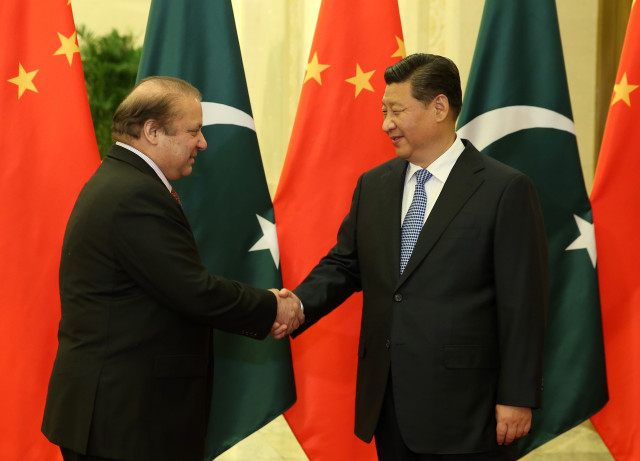
President Xi assured Islamabad of Beijing’s support if ties with Arab world unravelled. PHOTO: SOUTH ASIAN DAILY
Pakistan had always looked up to the Arab countries, particularly Saudi Arabia and the United Arab Emirates, whenever it faced international isolation—be it at the time of the nuclear tests in 1998 or imposition of military rules that invited crippling economic sanctions from the West.
Given Pakistan’s dependence on the Gulf states, turning down the Saudi request for military support for its campaign against Houthi rebels was fraught with the risk of losing a ‘trusted ally’, said two key officials during informal chat about the crucial foreign policy step.
During a flurry of high-level huddles prior to the key decision, the country’s civil and military leadership had candid discussion on the possible consequences of saying ‘no’ to the Saudi monarch with whom Prime Minister Nawaz Sharif also has ‘personal relationship’.
But what really helped Pakistan ‘weather the storm’ was a Chinese assurance of economic investment and assistance to the tune no Arab country —let alone Saudi Arabia—could match, said one official.
The officials, who requested not to be identified, said the unveiling of $46 billion China-Pakistan Economic Corridor by President Xi Xinping was one of the factors that helped Islamabad to persevere despite immense pressure from Riyadh even after a unanimous resolution of parliament.
An unusual warning from the UAE minister of state for foreign affairs of a ‘heavy price’ Pakistan might have to pay for not joining the military coalition against the Houthis was a clear sign that the Arab rulers were unhappy with Pakistani parliament’s decision.
The officials said Saudi Arabia privately conveyed not only its annoyance but also the possible consequences. But in the middle of the unprecedented hiccup between Pakistan and the Gulf states, the Chinese leader traveled to Islamabad.
Although his visit was scheduled months before the Saudi-led coalition launched air strikes against the Yemeni rebels, it assumed greater significance as Pakistan’s key Arab allies were showing disquiet.
One official disclosed that the Yemen conflict and Islamabad’s possible role was discussed between the Chinese president and the Pakistani authorities. The Pakistani interlocutors also raised with the Chinese president the possible fallout of ‘defying’ the Saudi demand.
According to officials, President Xi assured Pakistan that his country would stand behind Islamabad in the event of unraveling of its ties with the Arab world.
The Chinese leader even suggested Pakistan realised its true potential and pointed out that if Islamabad maintained unity in their ranks and implemented the China-Pakistan Economic Corridor project, then it would not have to look up to outside help either from the West or Arab countries.
“There were other factors too but the assurance and friendly advice from the Chinese president really helped us to face the blowback of the parliamentary decision,” said another official.
Published in The Express Tribune, April 27th, 2015.



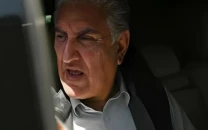
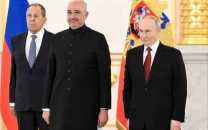

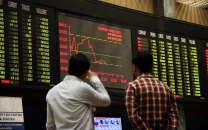
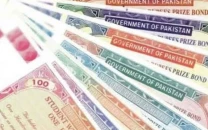



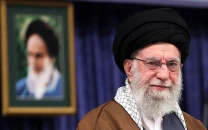







COMMENTS
Comments are moderated and generally will be posted if they are on-topic and not abusive.
For more information, please see our Comments FAQ